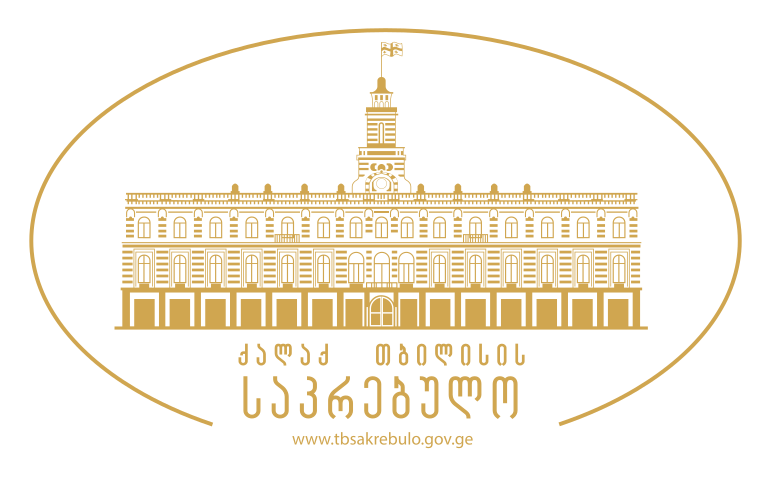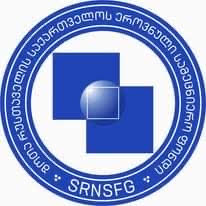037- Narrative, Nation, and World: Contemporary Women’s Writing from Japan
Organized by: Prof. Toshiko Ellis
English
KEYWORDS:
Gender, Japan, Feminism, Contemporary Literature
This panel examines how contemporary women writers have reimagined and remythologized the experiences of women in recent Japanese literature. In response to their own challenges and struggles with language and society, women writers have expanded their territory, pushing the boundaries of literature, sometimes beginning completely anew. Many of their most important works have been translated into other languages, and their powerful and sometimes unsettling works evoke surreal situations, lurid images, and savage moments, thus reforming the world ‘that still remains largely unfamiliar to a Western readership’ (Jennifer Lee Tsai, Modern Poetry in Translation, 2018). The transmutation and dismemberment of the body often recurs as a theme, creating a new literary landscape by reappropriating the bodily self.
In our panel, Michiko Suzuki focuses on novels by authors such as Nakajima Kyōko and examines how women writers reimagine the past and challenge standard narratives of heterosexual romance. Toshiko Ellis looks at the works of an internationally acclaimed young author, Murata Sayaka, to discuss how she challenges the social norms, question the normal and overturn the gender binary. Jeffrey Angles examines the newly translated “novel-in-verse” by the prominent feminist poet, Itō Hiromi, The Thorn-Puller, which employs a patchwork of experimental narrative techniques to forge a fresh, polyvocal literary style to voice the culturally and linguistically transgressive experiences of migrants, whose lives cannot be fully contained within a single language or generic style. Rina Kikuchi analyzes the English translations from the latest poetry collections of Abe Hinako and Park Kyongmi, to discuss how women retell herstories and use startling and disturbing imagery to depict women’ lives, which are so-often untold and unheard.
The Project was supported by Shota Rustaveli National Science Foundation of Georgia (SRNSFG) [grant number MG-ISE-22-170]


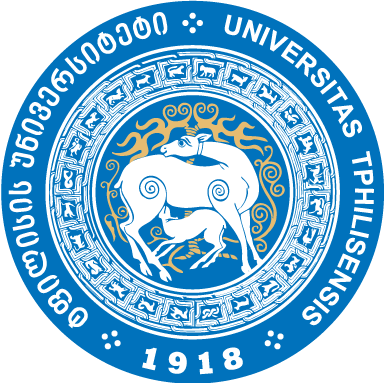


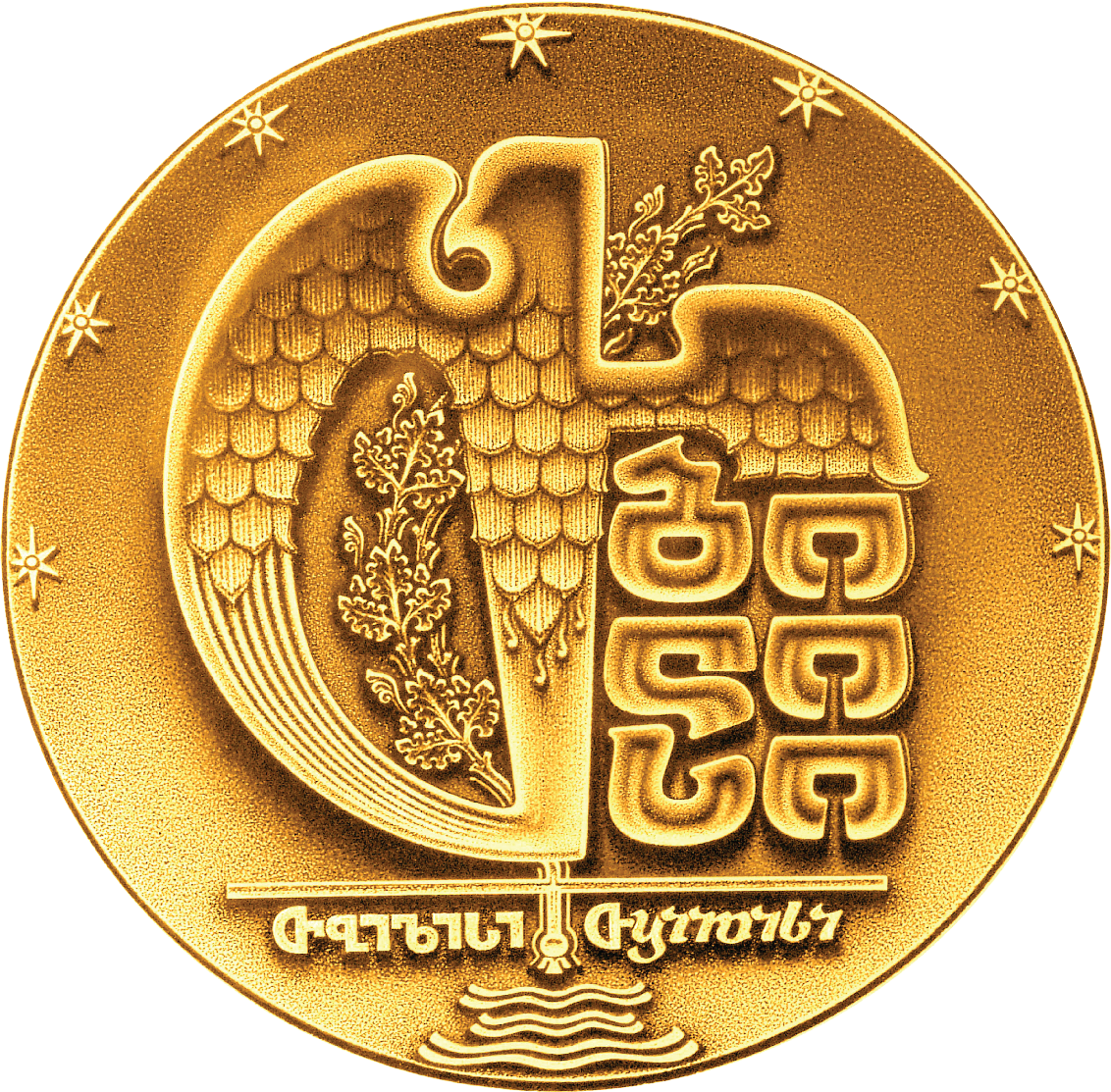

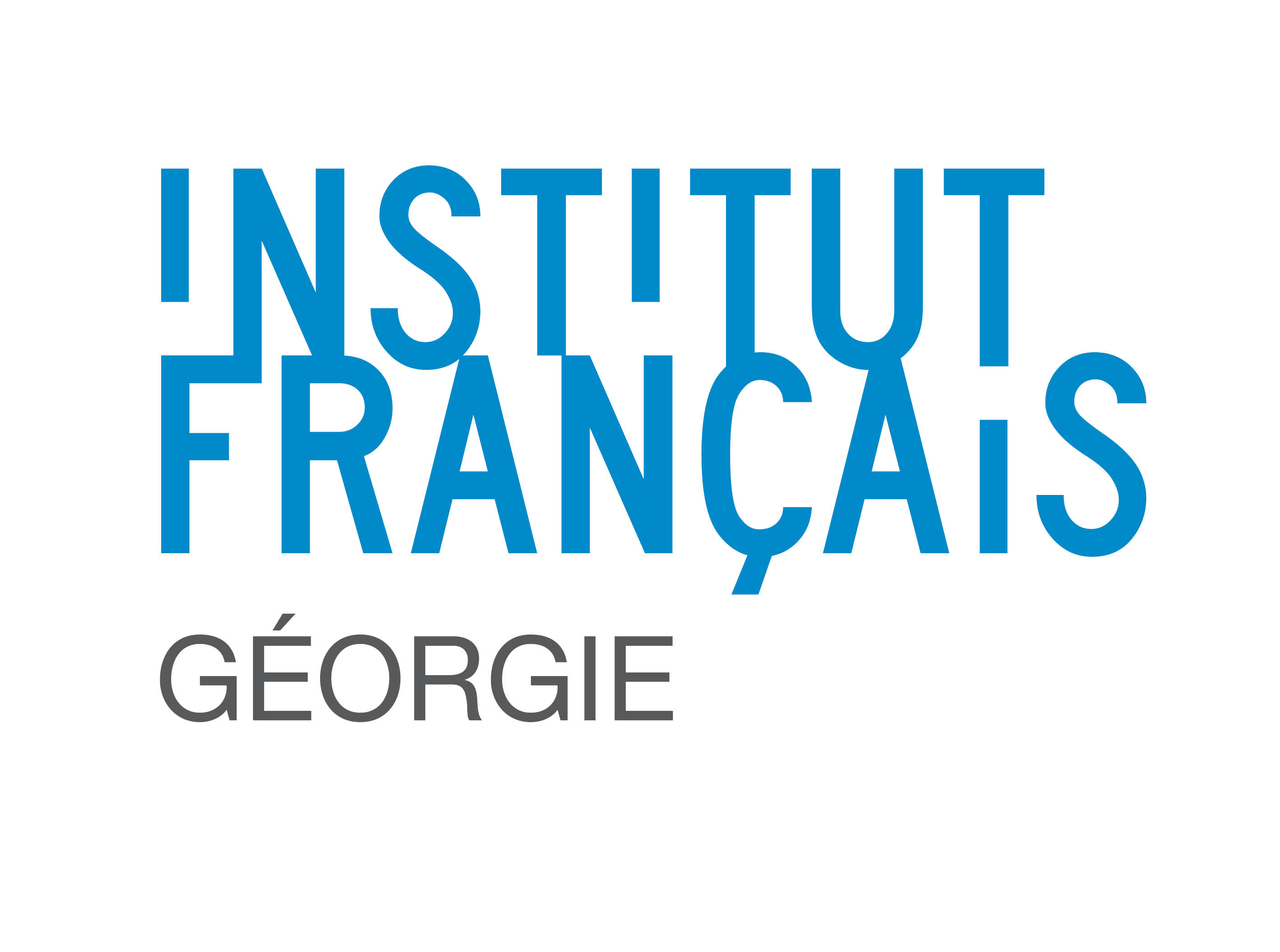




_001.png)

